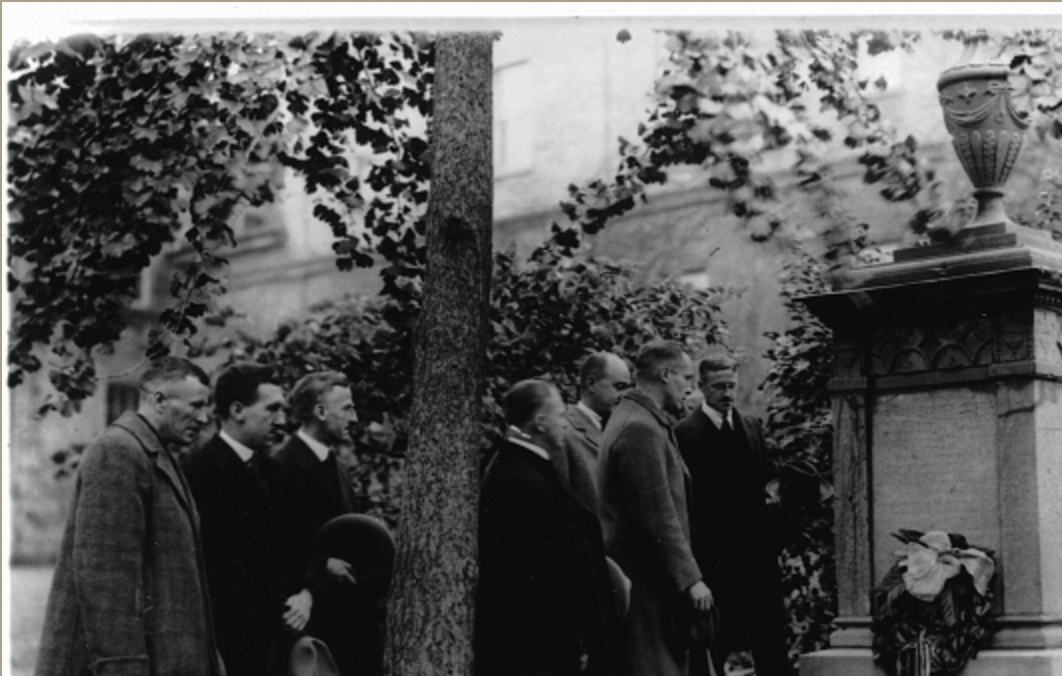This summer’s series of Black Lives Matter protests around the globe have sparked greater awareness of colonial legacies that persist in public spaces. Recent petitions calling for the removal of the James McGill statue and the Sir John A. MacDonald monument, and a name change of the Lionel-Groulx subway station have forced Montrealers to reconsider these celebrated figures and their history of upholding racist beliefs and practices.
The university honours its founder, James McGill, in many respects on campus. From the Le James Bookstore to the James Administration Building and his statue near the Roddick Gates, his image is omnipresent at the university— however, any acknowledgement of his participation in slavery is absent.
According to Dr. Charmaine Nelson, former professor in the Department of Art History and Communications Studies, James McGill owned between five to seven slaves, at a time when it was rare for Montrealers to own more than two, and represented other white community members in the sale of slaves in Montreal.
The success of the #ChangeTheName campaign has demonstrated that collective movements are effective tools to drive change on campus. McGill students are now using petitions to force the university to reconsider the legacy of its founder, James McGill. Hannah Wallace, U0 Education at McGill, created a petition demanding that the administration remove the statue of James McGill and acknowledge his racist past.
Beyond campus grounds, Montrealers are taking action by demanding that monuments of racist historical figures be removed from public spaces. Isobel Walker, the creator of the petition to remove the Sir John A. MacDonald statue, explained how recent protests have led us to rethink the meaning of these monuments.
“While some have had the privilege of simply observing this monument and not actively questioning its racist roots, for many it has always stood as a monument to white supremacy,” Walker said. “I think recent events have shifted the focus of many Canadians towards the latter.”
Timothy Stanley, a professor in the Department of Education at the University of Ottawa, argued that MacDonald’s biographers often justify his racism against people of Chinese and Mongolose descent and Indigenous Peoples as a product of the time. Stanley noted that other members of the Parliament of Canada, who were in office at the same time, strongly opposed MacDonald’s discriminatory policies.
Walker is optimistic that the recent public awareness in the history of monuments will result in progress towards racial justice.
“Montreal has always prided itself on being a multicultural and open place, and yet the municipal, provincial, and federal government continue to place certain voices, bodies, and values above others,” Walker said. “The fight is not over yet, and I think it is of the utmost importance for individuals to continue showing up for others in hope [for] a better future for all.”
Many are also demanding the renaming of public spaces. In June, infection control practitioner at the McGill University Health Centre and IR-CUSM Naveed Hussain called for the Lionel-Groulx subway station to be renamed after jazz musician Oscar Peterson.
Lionel Groulx, who was a proponent of the nationalist movement in Quebec during the silent revolution, also discriminated against Jewish people and anglophones in the province. During World War II, Groulx created a campaign to boycott Jewish-owned shops.
It is difficult to come to terms with the fact that many commemorated figures have upheld and perpetuated racist attitudes in Canadian society. From protests to petitions, Such social movements can teach us how honouring historical figures without discussing the ways in which their personal prejudices negatively affected certain populations oversimplifies their legacies. These petitions help us consider not only who we are honouring in public spaces, but also what values we are placing on a pedestal.








